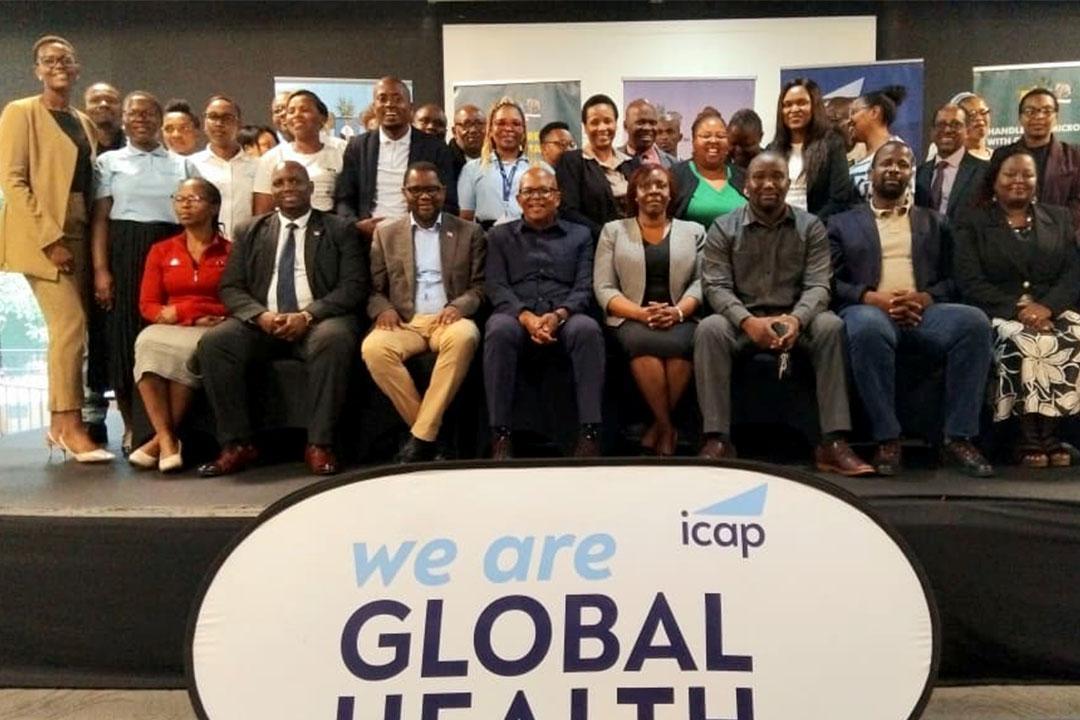Africa-Press – Eswatini. The Ministry of Health has reaffirmed its commitment to tackling antimicrobial resistance (AMR), a growing global health threat that affects human health, livestock productivity, and the environment.
This commitment was highlighted on November 21,2025 during the High-Level Policy Makers Meeting held in observance of World Antimicrobial Awareness Week.
Speaking at the event, Khanyakwezwe Mabuza, Principal Secretary in the Ministry of Health, emphasized the urgency of addressing AMR: “Antimicrobial resistance is not an abstract challenge; it directly impacts the health of our people, the productivity of our livestock, and the integrity of our environment. We must act decisively and collectively.”
Global data shows that AMR caused an estimated 1.27 million deaths in 2019 and contributed to nearly 5 million more, with projections suggesting that deaths could reach 10 million per year by 2050 if urgent action is not taken.
In Eswatini, approximately 296 deaths were directly attributable to AMR, with around 1 100 deaths associated with it, placing the country among the top ten globally in age-standardized AMR-associated mortality rates.
Since the endorsement of the Global Action Plan at the Sixty-eighth World Health Assembly in 2015, Eswatini has taken proactive steps to address the crisis. “Following the global endorsement, the Kingdom of Eswatini quickly established a multi-sectoral Antimicrobial Resistance Containment Committee and developed its National AMR Containment Strategic Plan in 2017, which will run until December 2025,” said Mabuza.
The plan prioritizes awareness, education, and training to combat AMR. With support from the UK Government’s Department of Health and Social Care and technical assistance from ICAP, Eswatini has strengthened its surveillance capacity across human health, animal health, and environmental sectors. High resistance rates of bacterial pathogens to commonly used antibiotics have been observed, and measures are underway to curb the spread of AMR.
He highlighted the progress made through the Fleming Fund Program: “We have established six public sentinel sites, complemented by private laboratories and hospitals, actively conducting AMR and antimicrobial use surveillance.
The data collected has informed clinical practice and been reported through the WHO GLASS system, putting Eswatini firmly on the global map for evidence-based AMR action.”
Laboratory capacity has also been enhanced, with modern microbiology equipment, renovated facilities, and comprehensive training programs for laboratory personnel and pharmacists. These efforts ensure that the AMR surveillance system is both reliable and sustainable.
While the Fleming Fund support concludes in December 2025, Mabuza stressed the importance of continued commitment: “The progress we have made must not end here. The Ministry of Health Is committed to sustaining and expanding AMR surveillance, promoting responsible antimicrobial use, and ensuring evidence continues to guide our policies and practices.”
He concluded with a call to action: “The fight against AMR requires unwavering commitment, continued investment, and cross-sectoral collaboration – the One Health approach is imperative. Let us act now to protect our present and secure our future.”
Eswatini’s proactive stance against AMR demonstrates the country’s determination to safeguard public health, protect livestock, and preserve the environment for future generations.
For More News And Analysis About Eswatini Follow Africa-Press







